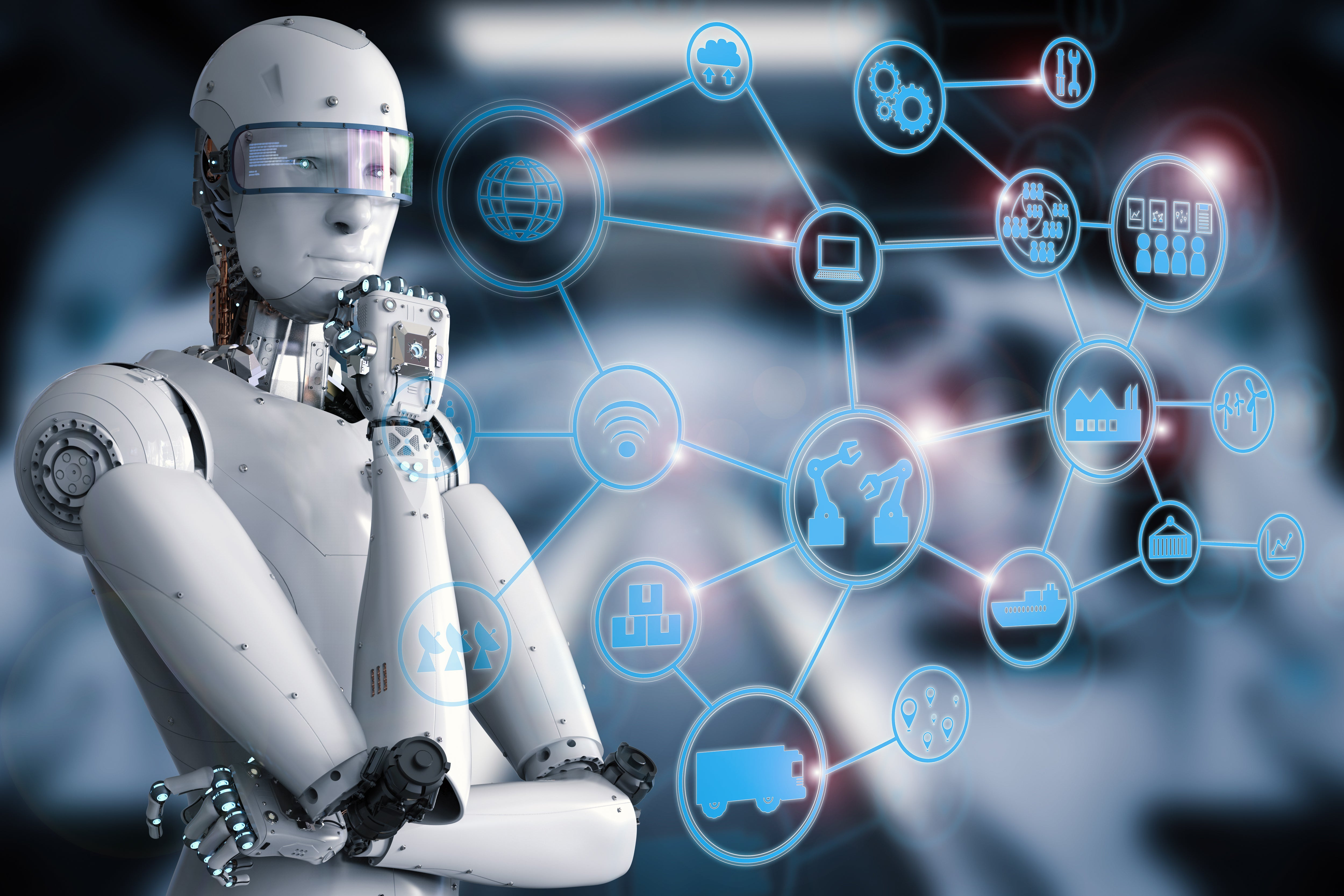The Rise of AI and Its Impact on the Global Economy
Artificial intelligence (AI) has rapidly emerged as a transformative force, reshaping industries and economies worldwide. From automating tasks to creating new products and services, AI is driving innovation and fueling economic growth. However, its widespread adoption also raises concerns about job displacement and ethical implications.
AI's Impact on Different Industries
The impact of AI is felt across various sectors, including:
- Manufacturing: AI is being used to optimize production processes, improve quality control, and predict maintenance needs. For example, robots equipped with AI can perform complex tasks with greater precision and speed, leading to increased efficiency and lower production costs.
- Healthcare: AI is revolutionizing healthcare by assisting in diagnosis, treatment planning, and drug discovery. Machine learning algorithms can analyze vast amounts of medical data to identify patterns and predict patient outcomes. AI-powered tools are also being used to develop personalized medicine and improve patient care.
- Finance: AI is transforming the financial services industry by automating tasks, detecting fraud, and providing personalized financial advice. AI algorithms can analyze market trends and make investment recommendations, while chatbots are being used to provide customer support.
- Retail: AI is enhancing the shopping experience by providing personalized recommendations, automating inventory management, and optimizing pricing strategies. AI-powered chatbots are also being used to provide customer service and answer questions.
- Transportation: AI is revolutionizing the transportation industry through self-driving cars, drones, and traffic management systems. AI algorithms can optimize routes, improve safety, and reduce congestion.
Benefits of AI Adoption
The adoption of AI offers numerous benefits for businesses and economies, including:
- Increased Efficiency and Productivity: AI can automate repetitive tasks, freeing up human workers to focus on more creative and strategic work. This leads to increased efficiency and productivity, which can boost economic growth.
- Improved Quality and Innovation: AI can analyze vast amounts of data to identify patterns and trends that humans might miss. This allows businesses to improve product quality, develop new products and services, and stay ahead of the competition.
- Cost Savings: AI can automate tasks that were previously performed by humans, resulting in cost savings for businesses. This can lead to lower prices for consumers and increased profitability for companies.
- New Job Opportunities: While some jobs may be displaced by AI, the technology is also creating new job opportunities in fields such as AI development, data science, and AI ethics.
Challenges of AI Adoption
Despite the numerous benefits, the adoption of AI also presents several challenges:
- Job Displacement: One of the major concerns about AI is its potential to displace jobs, particularly in industries where tasks are highly repetitive or can be automated. This could lead to unemployment and social unrest.
- Ethical Concerns: The development and use of AI raise ethical concerns, such as bias in algorithms, data privacy, and the potential for misuse. It is crucial to ensure that AI is developed and used responsibly.
- High Costs: Implementing AI can be costly, particularly for small businesses. The cost of developing and deploying AI systems, as well as the need for skilled personnel, can be a barrier to adoption.
- Lack of Skilled Workforce: The widespread adoption of AI requires a skilled workforce with expertise in AI development, data science, and related fields. The current shortage of skilled personnel could hinder the progress of AI adoption.
The Future of AI
AI is rapidly evolving, and its impact on the global economy is expected to continue to grow in the coming years. As AI becomes more sophisticated, it is likely to have a profound impact on almost every industry and aspect of life.
While the future of AI remains uncertain, it is clear that the technology has the potential to create both opportunities and challenges. By embracing AI responsibly and addressing the challenges it presents, we can harness its power to drive economic growth and improve the lives of people around the world.
AI is Transforming the World Around Us - Key Takeaways
- The global economy is undergoing a profound transformation as AI adoption accelerates.
- AI is impacting industries from manufacturing to healthcare, improving efficiency, driving innovation, and creating new job opportunities.
- The success of AI will depend on addressing its challenges, including job displacement, ethical concerns, and the need for a skilled workforce.
AI is here to stay, and its impact on our lives and the world will only grow more significant in the years to come.

















